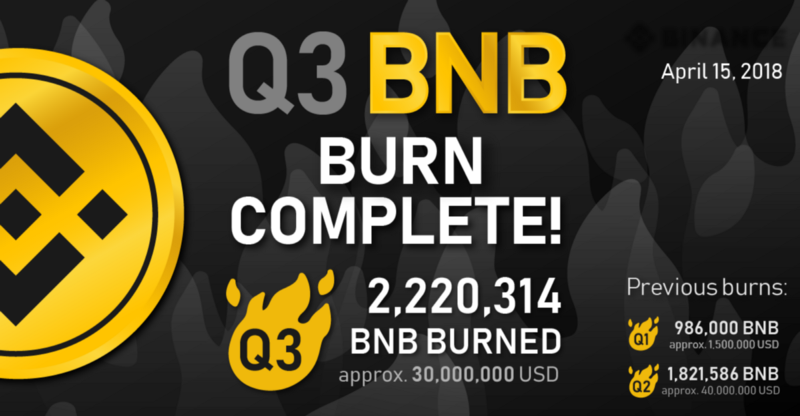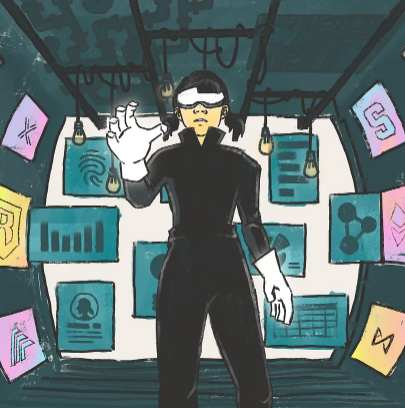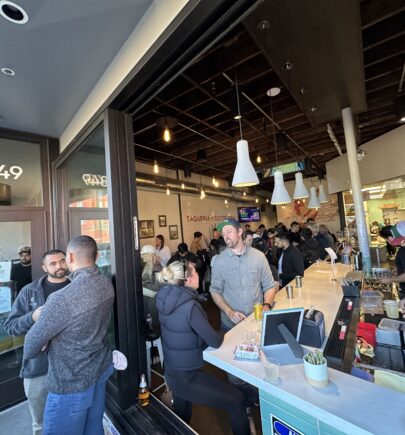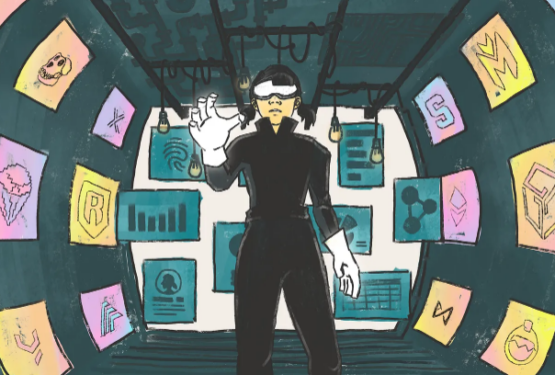Binance’s $1bn fund and its first step into institutional investing
Today, Binance, one of the largest cryptocurrency exchanges, announced plans to establish a US$1 billion fund. Ella Zhang, head of Binance Lab, announced in an online conference. Per Techcrunch’s report about the fund,
“[The] ‘Community Influence’ fund, which will be denominated in Binance’s BNB coin, will be aimed at nascent startups and also funds themselves…Binance is looking to back funds with at least $100 million in capital and, of course, a focus on blockchain and crypto. The firm will also launch a Binance Ecosystem Fund which it said will include 20 partners. [Previously], it led a $30 million investment in MobileCoin?—?a startup that’s advised by Moxie Marlinspike, the founder of encrypted messaging app Signal and Open Whisper Systems?—?and it is establishing an incubator that will nurture ideas and young projects with financial backing and mentorship. The company revealed today that its first incubation project will be Dache Chain, a new blockchain-based ride-hailing service in China. The company is already getting hype because one co-founder is Chen Weixing, the CEO of app development startup Funcity who initially founded Kuaidi Dache, a Chinese ride-hailing startup that eventually became Didi Chuxing. The country’s dominant service that forced Uber’s exit from China.”
Ella Zhang later added on her Twitter:
Corr: we’d like to partner w/ fund managers who have managed >$100m AUM accumulatively, not that we only invest in crypto funds w/ >$100m AUM. Instead, we like small funds managed by experienced investors. Thanks @TechCrunch. We’ll do an EN AMA this Thur! https://t.co/HJxx0CtLbc
— Ella Zhang (@ellazhang516) June 1, 2018
That is an impressive list of ambitions and accomplishments already. However, note that a crypto company forming a fund to support other companies built on its platform is not something new. We’ve seen companies like EOS and Ripple all pledging money to companies built on its ecosystem.
But the difference is that Binance is not a protocol like that of EOS and Ripple, it’s an exchange. And akin to how a protocol like EOS looks to fund tech companies to build on its platform and thereby strengthening it, Binance is doing the equivalent by funding and partnering with investment funds to increase the number of transactions on its platform and thereby strengthening the exchange. And what is even more ingenious in their approach is that their funds in the form of BnB token will directly benefit the Binance’s bottom line.
Binance is unique in that it’s the first large Cryptocurrency exchange to form a fund, as well as a fund of funds.
Let me explain.
Currently, Binance enjoys an unique leading position in the Cryptocurrency exchange space, primarily driven by the large number of transactions that occur on its exchange and also the popularity of its token. Here is how the BnB token works, directly from the CEO Changpeng Zhao’s (CZ for short) interview on the recent Epicenter’s podcast, “when you trade on our platform, we can deduct the trading fees from your token reserve and you’ll get a 50% discount.” This is a great benefit to owning the BnB token as a Binance user. But even more importantly, CZ goes on saying that every quarter, Binance uses 20% of the company’s profits to buy back BnB tokens and “burn” them, so the pool of the remaining token goes up in value. This essentially means that the token value is indirectly related to the company’s profits. The BnB system is a deflationary system in which the value of the BnB coin should theoretically continue to go up as Binance grows.
So to sum it up, the BnB token is being used as a method of payment on the Binance Exchange, and it also enjoys the benefits of a security token without actually being a security token.

At the moment, the pure cryptocurrency funds are still quite nascent and early-staged, but they certainly have been growing given the increased inflow of capital into cryptocurrencies. This then makes the perfect time to equip funds with BnB tokens. Imagine a fresh and large inflow of capital start to participate on Binance, what do you think will happen? The exchange should see exponentially more volume and larger size of transactions.
Upon these new funds joining the ecosystem, they will be deploying BnB tokens to pay for their transaction fees and get discounts on their large trading volume. The number of transactions on Binance should increase substantially and the exchange would become more liquid. This would then attract more funds and more institutional investors to participate, subsequently making it more desirable for companies to list on Binance. This certainly seems like a smart move for Binance and it’s token holders. All the incremental transactions will directly generate more revenue for the company and indirectly benefit the BnB token holders per the aforementioned model. An additional plus for BnB token holders is that the token price should become more stable with more institutional ownership, given that historically assets held by institutional investors are less volatile than those owned by retail investors.
At this my point, my two cents is that if other exchanges do not start attracting institutional money and compete on this level, I can imagine a world where Binance becomes magnitudes more large and liquid than any other exchanges, squeezing out all the mid-size exchanges. So if the investing team at Binance executes correctly, it truly feels like we might have a real, global financial ecosystem built on digital coins.
Disclosure: I don’t own Binance coins












